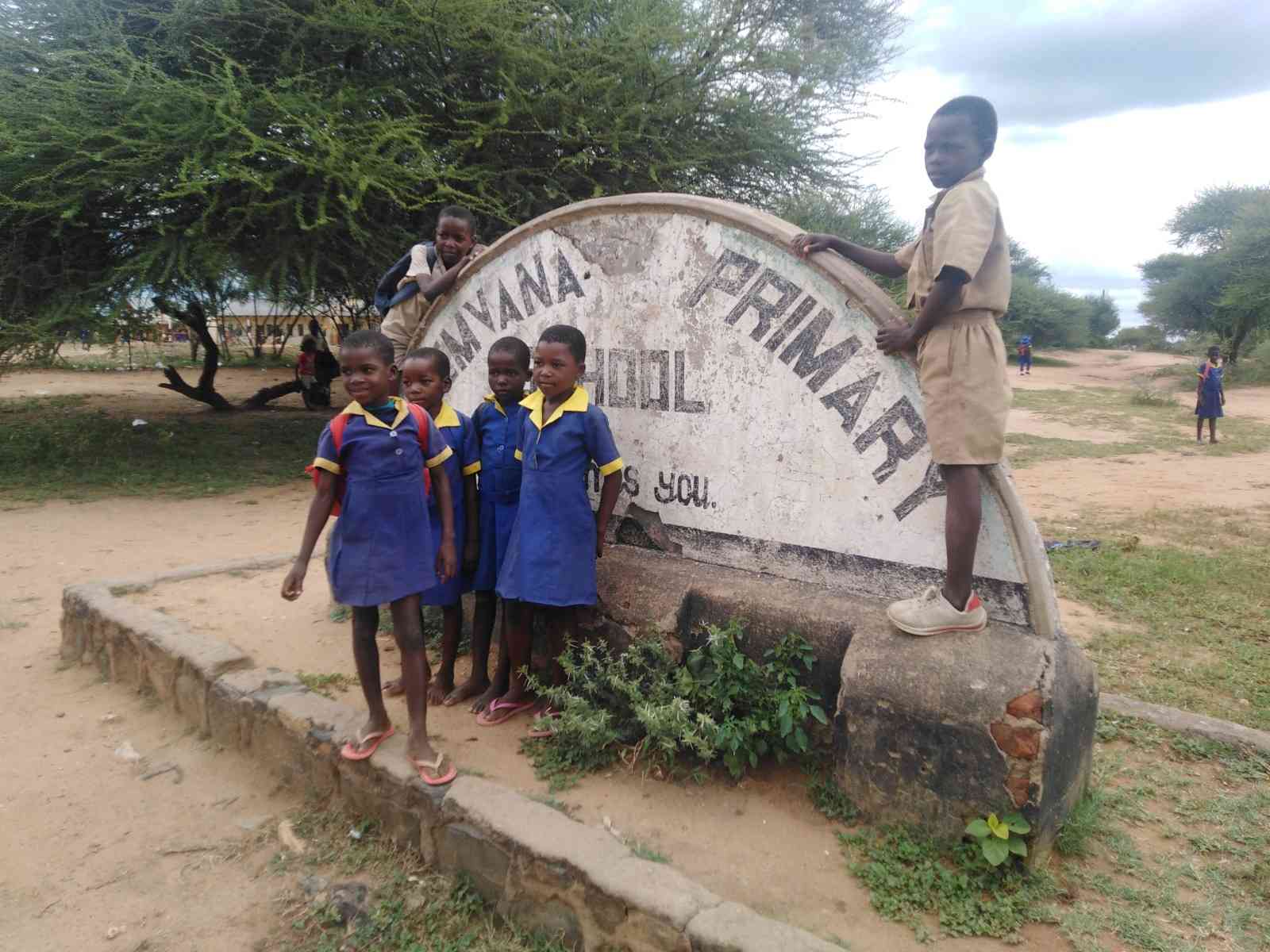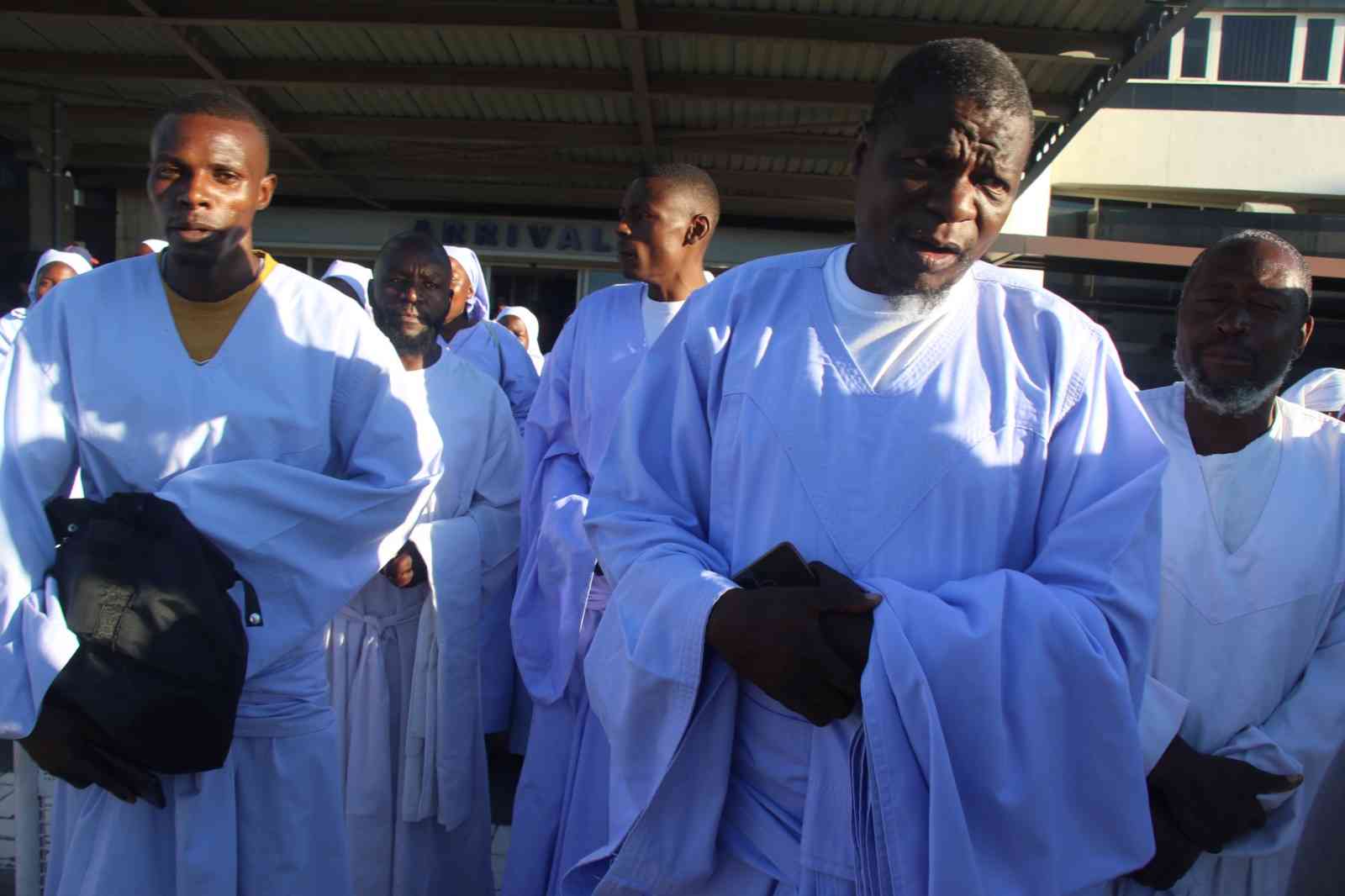
The United Nations Children’s Fund (Unicef) has launched a communication campaign meant to raise awareness on the impact of climate change on children.
The campaign revolves around putting children at the centre of the climate change debate and to make the climate budget child focused.
Children bear the brunt of climate change as it creates scarcity in access to safe water and food, impacts on the health, increases children’s vulnerability to exploitation and abuse and jeopardises their well-being, even threatening their survival.
In Zimbabwe climate change is causing frequent occurrences and increasing severity of floods, tropical cyclones, droughts and heatwaves.
The country is ranked high risk in the 2021 Unicef Children’s Climate Risk Index.
Despite this little attention has been given to impacts of climate change on children. As of today, only 2,4 % of Multilateral Climate Funds globally is set aside for children and young people.
There is a need for more funds allocated directly to interventions that benefit children.
“Everywhere children are increasingly exposed to climate or environmental hazards, such as flooding, drought, heatwaves, cyclones, and air pollution,” Yves Willemot, Unicef’s chief of communications in Zimbabwe, said.
- Mavhunga puts DeMbare into Chibuku quarterfinals
- Bulls to charge into Zimbabwe gold stocks
- Ndiraya concerned as goals dry up
- Letters: How solar power is transforming African farms
Keep Reading
“As these extreme weather events increase in frequency and ferocity, they threaten children’s lives, jeopardise children’s access to healthy food they need for their development and destroy infrastructure critical to their well-being such as schools, health care facilities and children’s playgrounds.
“For the most vulnerable children, climate impacts worsen their situation placing additional risk to their rights and further reducing their access to basic services.”
Willemot’s said his organisation’s website www.unicef.org/zimbabwe would be dedicated to the campaign on climate, with studies, research and stories.
“The campaign would centre on children by providing them with a platform for to share their views and make calls for more child centered climate funding and will run a petition campaign for everyone to join,” he said.
He said to deal with the challenges of climate change, energy and environment Unicef was calling for urgent action on putting children at the centre of climate change policies, strategies, plans and budgets and make them child sensitive as well as empowering children and young people to be environmental stewards and climate change agents, allowing them to realise their potential with full participation.
Willemot said Unicef also want to create an enabling environment for children’s participation in the climate agenda, critical to ensure the future is fit for today’s children and today’s children are fit for the future.
He said there was need for the provision of climate resilience services in health, nutrition, water, sanitation and hygiene, education and protection, so children could survive, develop and thrive.
In Zimbabwe, Unicef works with government and partners to ensure children are an essential part of climate change strategies and disaster response plans.









